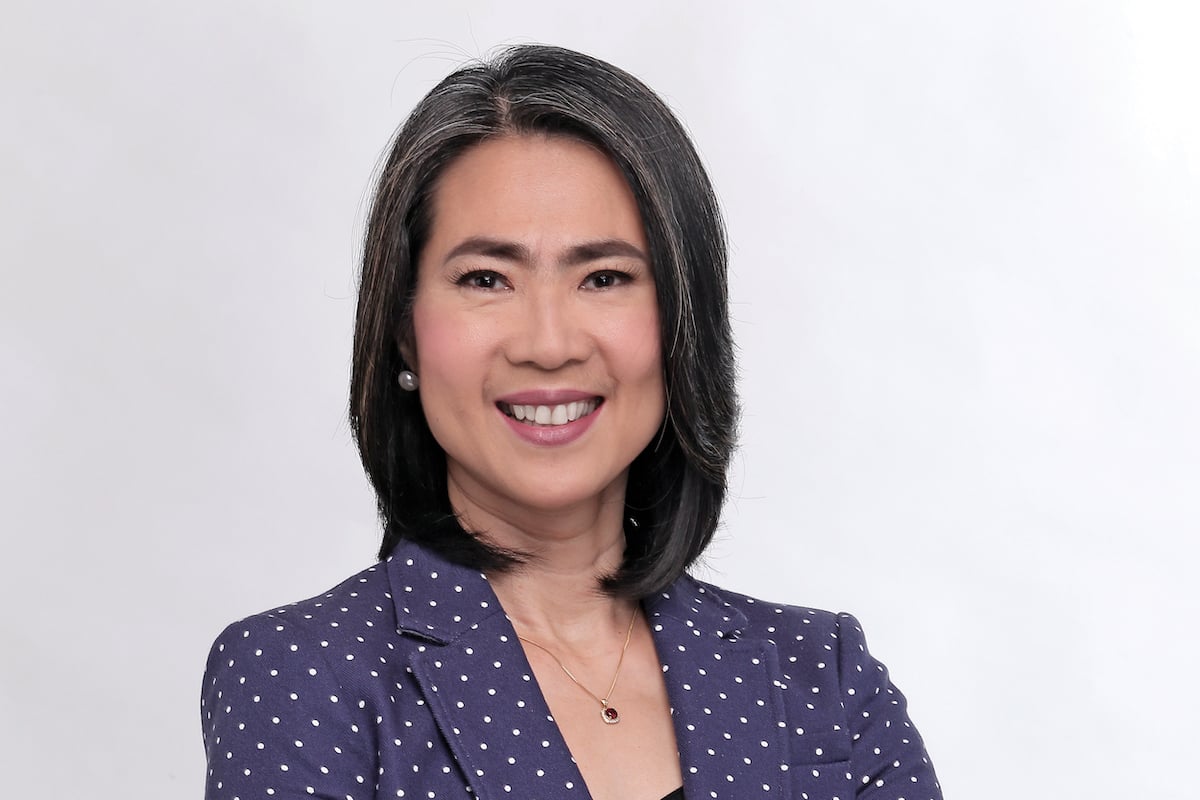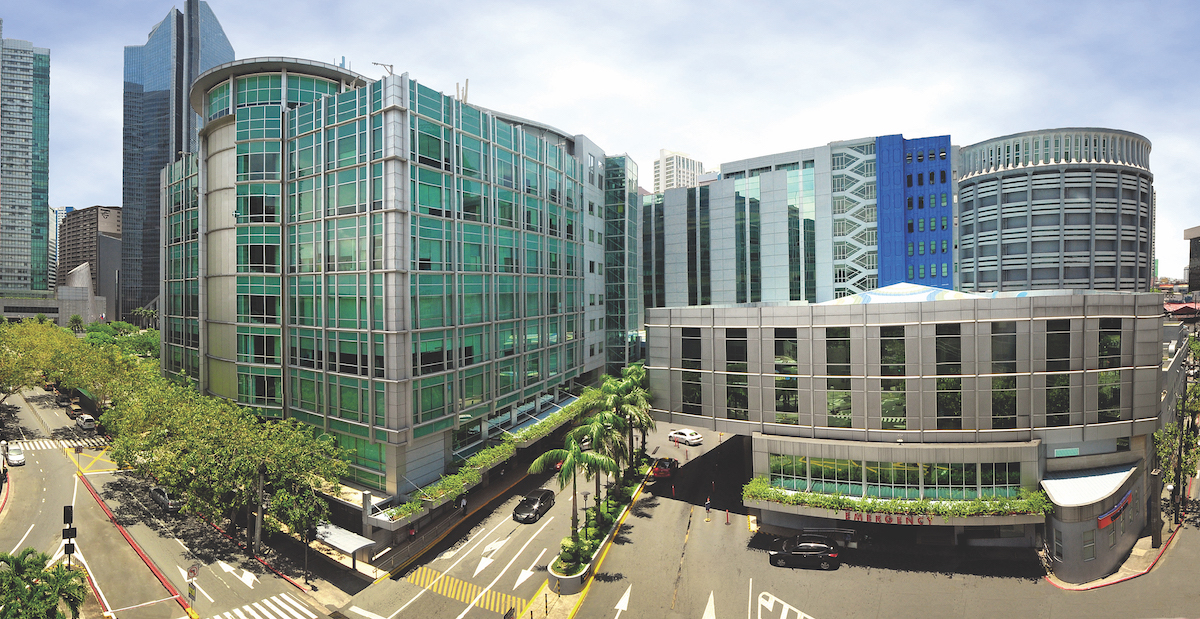Dr Maria Corazon Consunji, who goes by Dr Cay or simply Cay, believes collaboration is of utmost importance when it comes to health care. More specifically, she values the use of multidisciplinary teams (MDTs). “The rapid expansion and development of medical knowledge and accessibility has made it physically and temporally impossible for one individual to know all there is to know about a disease entity, let alone the multiplicity of conditions within one patient,” she says.

“This is where MDTs come in, so there are no stones unturned and every patient can be confident that they are getting the best care possible.”
As President and CEO of the Philippines-based Makati Medical Center (MakatiMed), Cay believes multidisciplinary care is “the only way” to provide optimal health outcomes for patients.
“We must not limit multidisciplinary inclusion to the different specialties of physicians but further expand it to the other disciplines as well, such as nursing, respiratory, nutrition, physical or occupational therapy, pharmacy, mental health and even families and the community.”
MakatiMed was founded in 1969 by three Filipino doctors and backed by a number of businesspeople. Today, it is a 600-bed facility that provides a broad range of healthcare services, from cardiology and dermatology to neurosurgery and haematology.
Cay joined MakatiMed with a stellar background in health care. She graduated magna cum laude with a Bachelor of Science in Biology from the University of the Philippines (UP) Diliman and received her Doctor of Medicine from UP Medicine.
Cay then completed a residency in pediatrics at Philippine General Hospital – the largest public teaching hospital in the country. “I was selected to spend an extra year as Chief Resident of the Department of Pediatrics,” Cay recalls. “It was where I first realised the importance of clinical management of single patients and the creation of sound policies for the entire department.”
From there, Cay travelled to the US to undertake a fellowship in Pediatric Critical Care at Johns Hopkins Hospital. It proved an excellent learning experience. “I was able to compare a low-resourced high-volume centre with a mature, highly-resourced high-volume tertiary academic centre,” she says.
“I realised that it is systems, way beyond an individual, that will ensure consistent and high-quality care for patients. And being the master of managing these systems is where the most impact can be made.”

Cay didn’t stop there. She shifted her focus to the business side of medicine. After the fellowship, she finished two master’s degrees, an MBA and a master’s in health finance and management, both from Johns Hopkins University. After working in the US for a healthcare consulting firm, Cay moved back to the Philippines.
“Spending years with patients and hospital staff as a clinician, as well as mastering the business side of medicine, has allowed me to have a wider outlook in operating hospitals,” she says. In addition, learning both sides of the business allowed Cay to manage her work more effectively and efficiently.
Now at MakatiMed, Cay is proud of the company’s staff. “We have hardworking, caring, compassionate and well-trained healthcare providers,” she says. However, she acknowledges that much more can be done to improve overall health care in the country.
“Quality health care is not just incumbent upon on the individual but rather on the systems in which they function,” Cay says. “We need more effective and efficient systems. In addition, the quality of care provided varies widely between rural and urban areas. Private entities provide much more consistent care and their facilities are better equipped than public ones.”
“Quality health care is not just incumbent upon on the individual but rather on the systems in which they function.”
South-East Asia has become a hotspot for medical tourism – especially in Singapore, Thailand and Malaysia. However, Cay says the Philippines has a long way to go if it wants to compete with regional healthcare providers in that capacity. “Medical tourism is relatively unchanged,” she says.
“There is little to no governmental or institutional support in the form of MDTs, joint clinic space, one-stop shops or concierge services. The lack of high-volume disease or procedure-focused centres that can assure patients of consistent high-quality care is a key obstacle that has to be overcome.”
Nonetheless, Cay is looking toward a bright future for MakatiMed. In May 2019, the centre will celebrate its 50th anniversary. According to Cay, its longevity is due to its credibility, consistency and reputation.
With a slew of achievements in health care under her belt, Cay highlights the piece of advice she once received that will always remain with her: “Build bridges, not walls. Don’t just find fault, find solutions.”
Proudly supported by:



